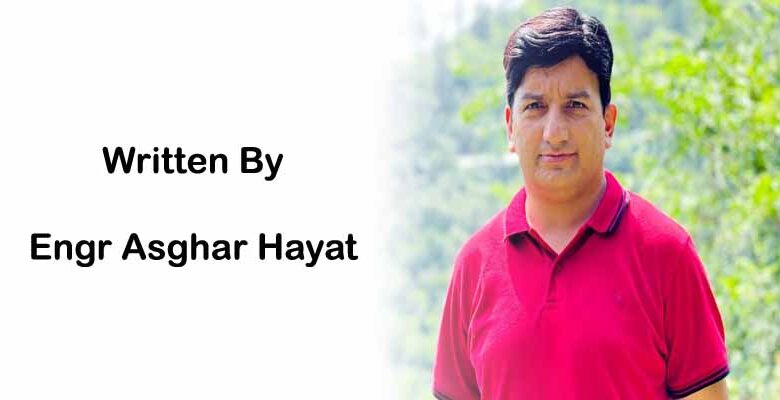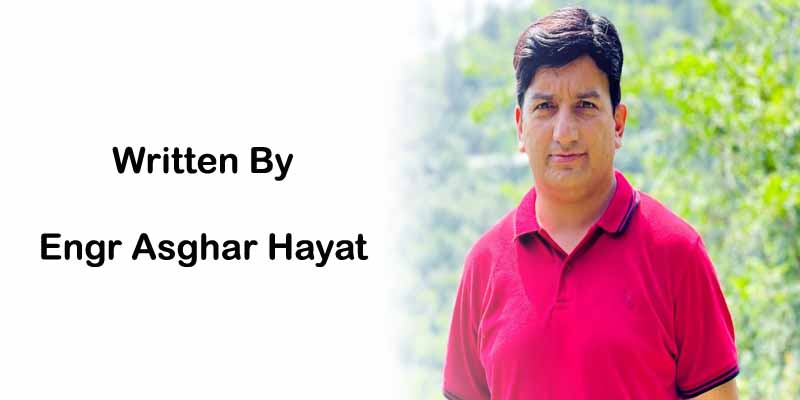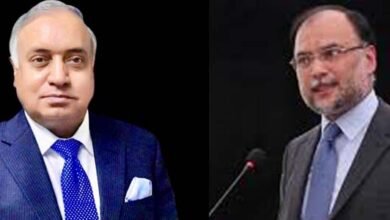PEC Transformation Under New Leadership

Written by: Engr Asghar Hayat
In the aftermath of the Pakistan Engineering Council (PEC) elections on August 18, 2024, new governing body has taken charge for the 2024-27 term. Engr Waseem Nazir, the newly elected chairman, assumed office on September 7, 2024, and in a short span of time, has already initiated remarkable transformations within the organization. Within just 20 days of taking charge, Engr Waseem Nazir’s leadership has steered PEC away from its traditional bureaucratic framework toward a more dynamic, corporate-style environment.
One of the most immediate changes implemented by Engr Waseem Nazir is the physical transformation of PEC’s headquarters. The furniture has been upgraded to a sleek, modern style, moving away from the conventional government look. A key symbolic gesture of his leadership is the removal of his office door, ushering in a bold open-door policy. This initiative has made him directly accessible to visitors and staff, fostering transparency and breaking down the bureaucratic barriers that often delay communication.
The entrance of the PEC Secretariat has also undergone a transformation. For the first time, the council’s vision and mission statements are prominently displayed at the entrance, alongside newly introduced core values that are set to define the organization’s ethos. Dubbed “CARE” values, these principles stand for Collaboration, Accountability, Responsibility, and Excellence. These are not merely aspirational but are being prominently displayed throughout the Secretariat and in regional offices, reinforcing the council’s commitment to professionalism and integrity.
In line with this new approach, PEC’s branding has been refreshed to emphasize professionalism and excellence, with the slogan “Engineering for Better Pakistan” now prominently featured at the entrance. A specially crafted map of Pakistan, featuring the names of various engineering professions, symbolizes the critical role engineering plays in nation-building. Two additional slogans, “Leading Engineering Forward” and “Proud to be Engineer,” underscore PEC’s renewed focus on fostering a progressive engineering community.
Adding further symbolism to PEC’s entrance is the visual representation of the 17 United Nations Sustainable Development Goals (SDGs), which emphasizes the Council’s alignment with global standards of development and sustainability. This addition is strategically placed outside PEC’s main committee room, where key meetings with national and international delegations occur, positioning PEC as a forward-thinking organization.
Another refreshing change is Engr Waseem’s decision to dine with staff at the cafeteria rather than having meals in his office. This gesture may seem simple, but it’s a powerful move to connect with the PEC workforce at a personal level. By engaging with staff directly, the chairman can gauge their concerns and work swiftly towards addressing them, building trust and fostering a sense of unity within the organization. This approach has already started reshaping the mindset of PEC’s internal bureaucracy, enhancing efficiency and collaboration.
In another departure from tradition, the chairman has opted to dine with staff in the cafeteria rather than in his private office. This shift is part of his broader strategy to stay connected with the workforce, allowing him to hear firsthand about the challenges and concerns faced by PEC employees. This open, informal engagement is designed to foster a sense of community, while also providing a direct line of communication for the chairman to address issues and implement solutions more efficiently.
Chairman Engr Waseem Nazir has adopted a consultative approach to decision-making, emphasizing collaboration and input from all levels of the organization. Rather than relying solely on top-down directives, he actively engages with staff and department heads, encouraging open dialogue and feedback. This participatory style ensures that decisions are well-informed and reflective of the needs and realities of PEC’s operations. By fostering a culture of inclusivity, Chairman Nazir aims to make the organization more responsive and agile in addressing challenges faced by engineers, constructors, and consultants. This approach is gradually transforming the organizational mindset, encouraging a more engaged and solution-oriented workforce.
In an effort to foster collaboration and innovation within the Governing Body, Chairman Nazir introduced a novel approach to conducting meetings. In the first meeting of the new Governing Body, held on September 26, 2024, members were divided into groups—a first in PEC’s history. Each group, consisting of ten members, was tasked with discussing key issues affecting engineers, constructors, and consultants. The focus areas included reforms within PEC and the Governing Body, as well as broader industry challenges. This collaborative, solution-focused method of brainstorming marked a departure from the more rigid, hierarchical meeting structures of the past, allowing for more dynamic and innovative problem-solving.
With these transformative changes at PEC, the mindset of the council’s bureaucracy and officers is also undergoing a shift. The new consultative and open culture introduced by Chairman by Engr Nazir is gradually breaking down traditional hierarchies and rigid structures. Officers and staff are becoming more responsive, collaborative, and open to new ideas. This shift is fostering a sense of shared responsibility and accountability, making the organization more agile in addressing challenges and more attuned to the needs of engineers and stakeholders.
Chairman Engr. Waseem Nazir, with no political aims or agenda, is focused solely on reforming PEC into a better and more forward-thinking organization. His emphasis on innovation, the adoption of new technologies, and the implementation of modern solutions like e-voting and e-solutions reflects his commitment to excellence and professionalism. By fostering a more dynamic, transparent, and efficient environment, Chairman Nazir is setting the stage for PEC to become a model institution that truly serves the engineering community and the broader development goals of Pakistan.





